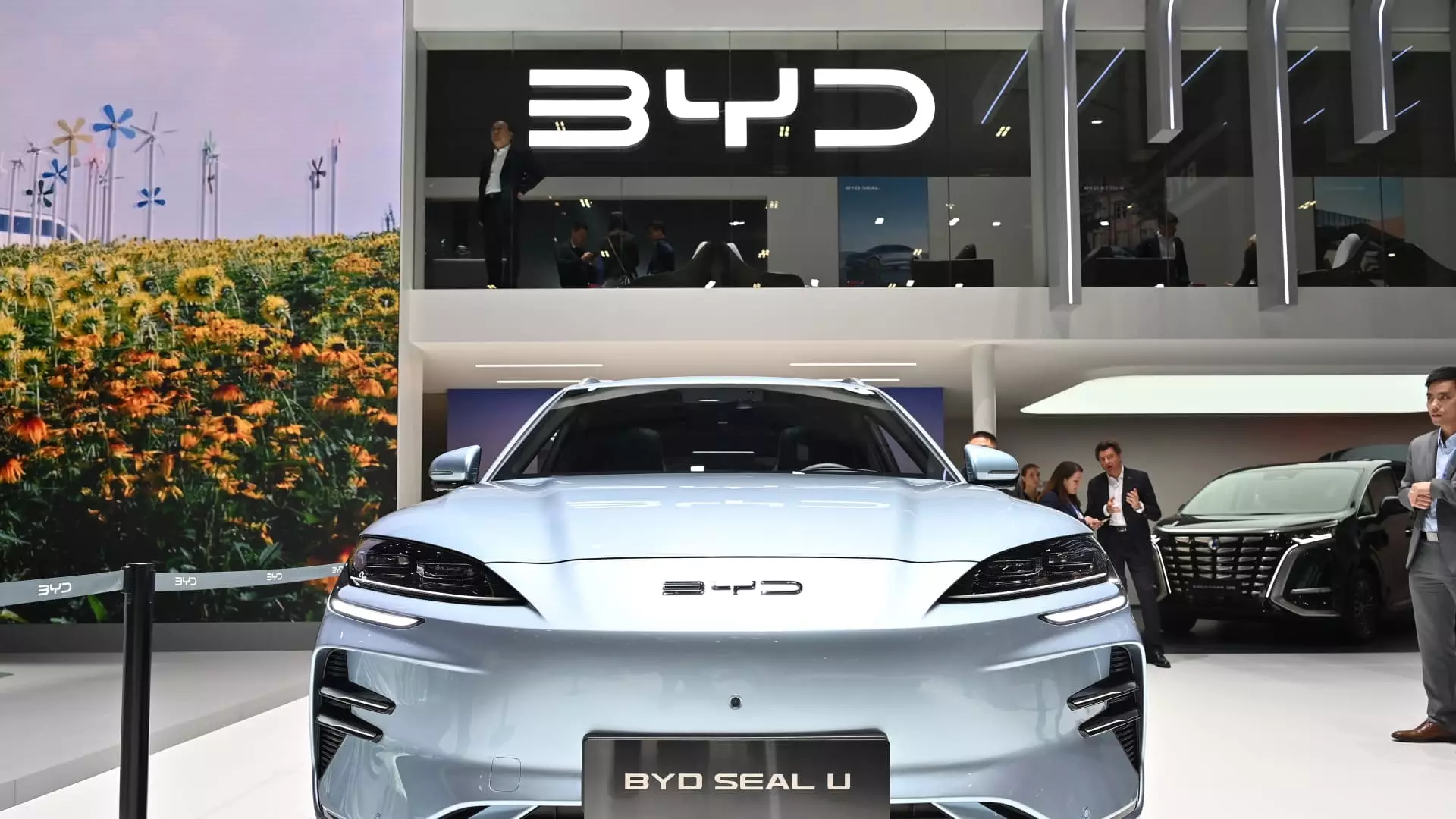The European Union has recently made a decision to increase tariffs on electric vehicles imported from China, citing unfair subsidization as the reason behind their actions. This move has major implications for various automakers, including Chinese giants like BYD and newcomers like Nio and Xpeng. With the tariffs coming into effect imminently, the automotive industry is bracing for significant changes in the competitive landscape.
The European Commission confirmed the decision to impose tariffs on Chinese electric vehicles, with rates ranging from 17.4% to 37.6%. These duties are set to take effect on Friday and are expected to impact not only Chinese automakers but also European brands that manufacture cars in China, such as Tesla. The Commission’s investigation revealed that Chinese EV producers have been benefiting from unfair subsidization, giving them a competitive advantage in the market.
In response to the tariffs, Chinese EV manufacturers like Nio and Xpeng have expressed concerns about potential price adjustments for their vehicles in the European market. Nio has stated that it may have to raise prices at a later stage, while Xpeng has assured customers that those awaiting deliveries will not be affected by price increases. However, the long-term impact of these tariffs on pricing remains uncertain for many automakers.
As the EU tariffs on Chinese electric vehicles come into effect, automakers are evaluating their strategies for the European market. Tesla, which has a factory in Shanghai, is expected to raise prices for its Model 3 vehicle in Europe. Chinese EV makers like Xpeng are considering establishing local manufacturing capabilities in Europe to mitigate the impact of the tariffs. The ongoing discussions between Chinese and EU officials aim to find a mutually acceptable solution to the trade dispute.
The imposition of tariffs by the European Union on Chinese electric vehicles highlights the complexities of international trade relations in the automotive industry. As automakers navigate the challenges posed by these duties, they must adapt their business strategies to remain competitive in the evolving market. The future of electric vehicle manufacturing and sales in Europe will be shaped by the outcome of negotiations between Chinese and EU authorities.


Leave a Reply